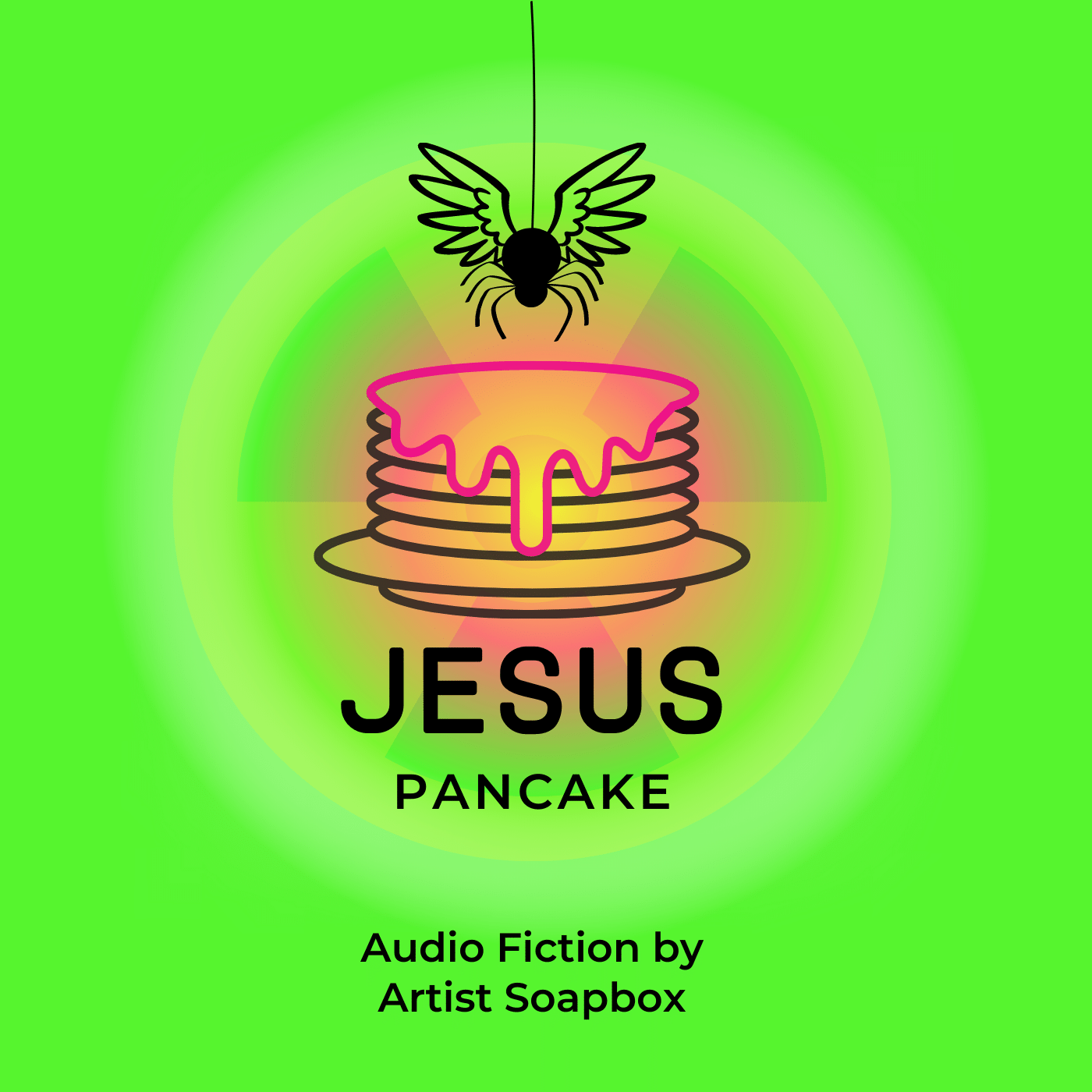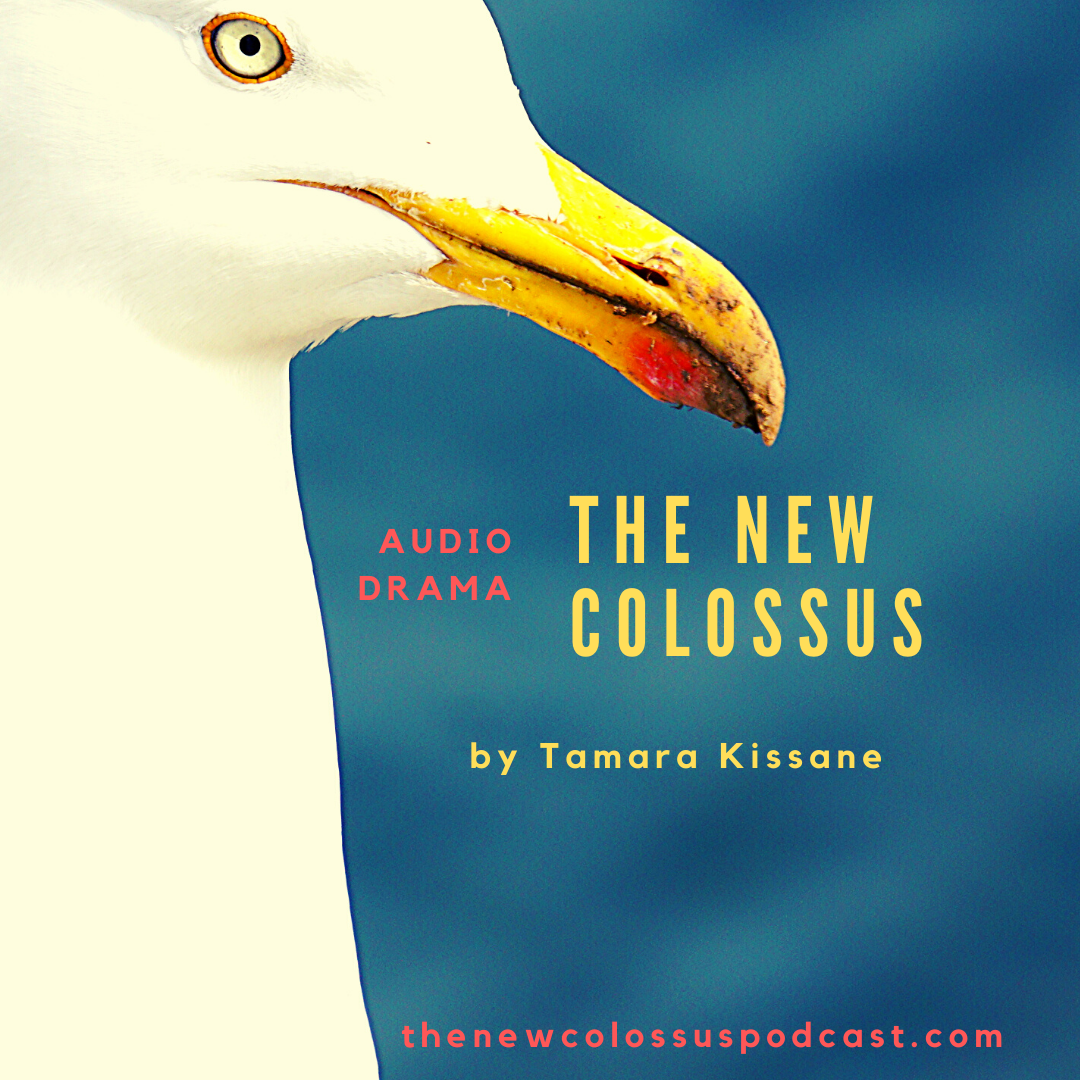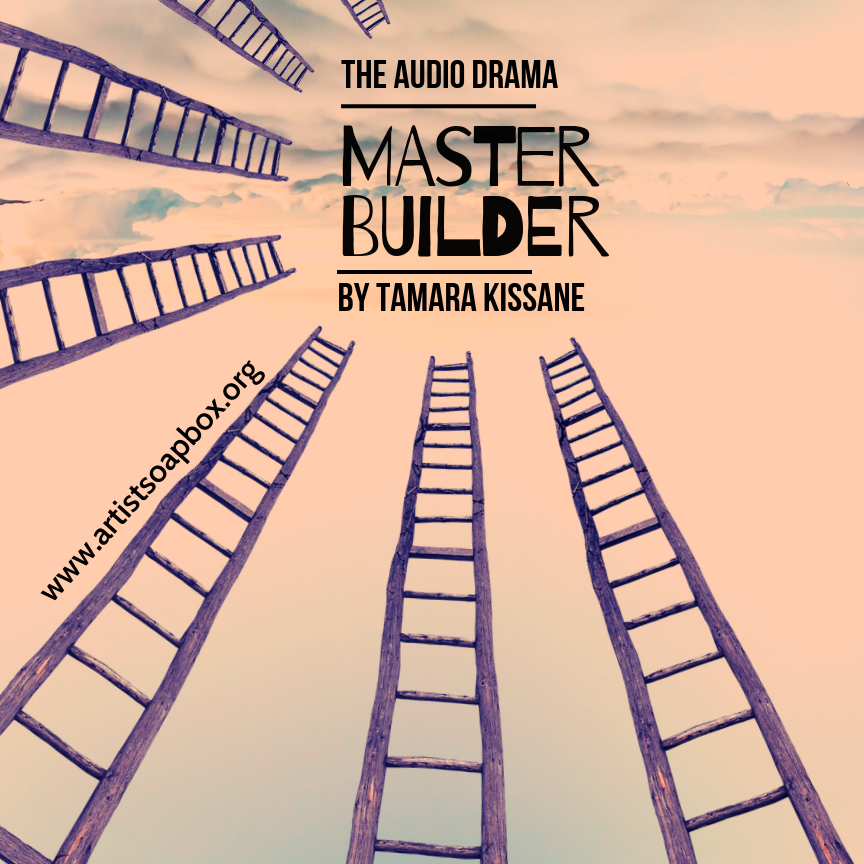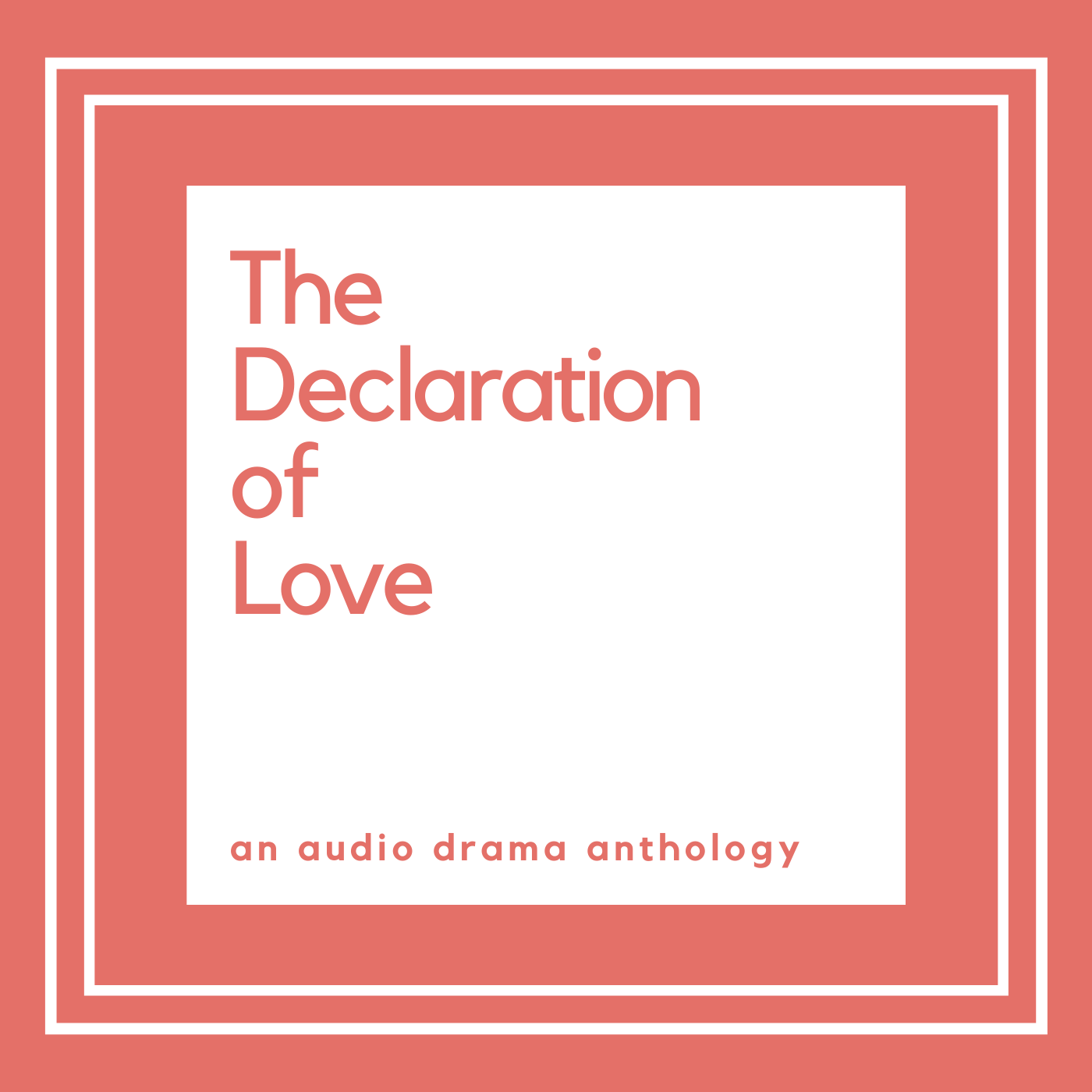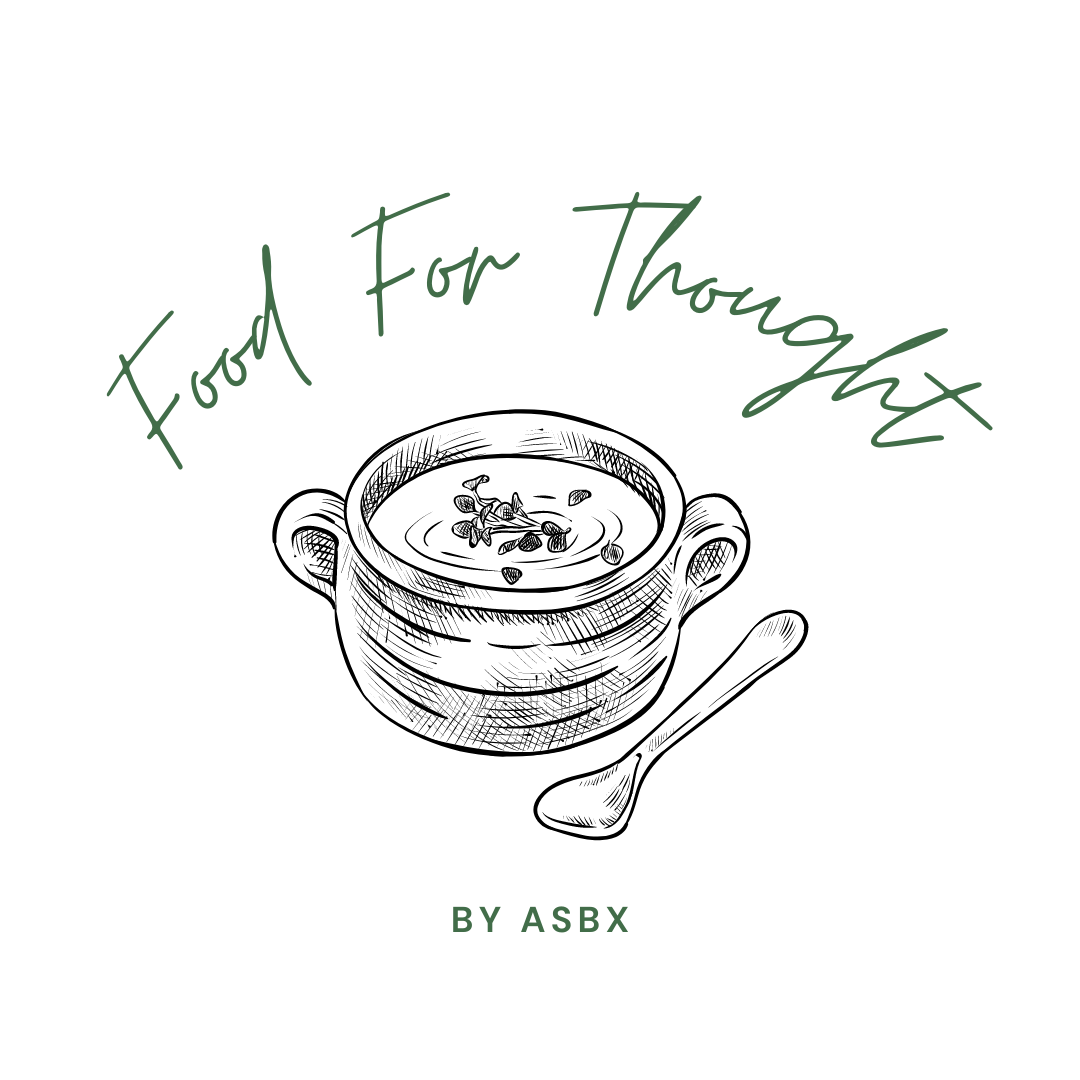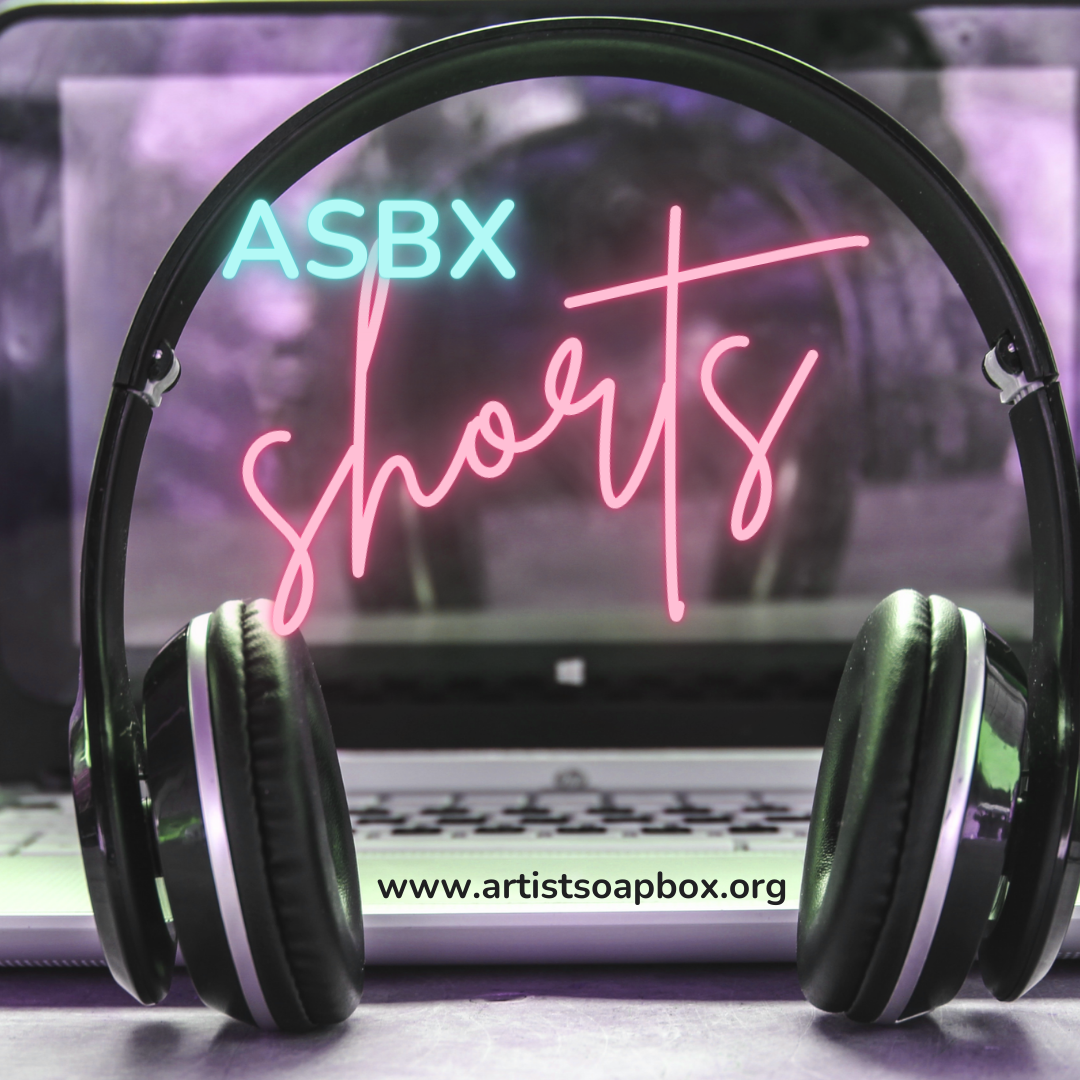Cristina Bejan’s book about the Criterion Association in Romania is the foundation of our conversation for this episode. The Criterion Association was a modernist progressive cultural circle that operated in the early 1930s (the Romanian equivalent of the Bloomsbury Group). Criterion members discussed wide-ranging topics such as Gandhi, Greta Garbo, Lenin and Mussolini. They also had their own series of artistic exhibitions and theater performances in addition to political discussions. Unfortunately, the Criterion Association collapsed due to the rise of fascism in Romania.
In the first half of our conversation Cristina Bejan digs into the history and political landscape of Romania leading up to and after WWII. She talks about the conflicting ideologies of the Criterion members, the ways members leveraged their art to promote their political stances, and the subsequent fracturing of the Criterion friendships and artistic contributions. Eugene Ionesco, the father of absurdist drama and the author of the play Rhinoceros was a Criterion Association member — you’ll hear him mentioned.
In the second half our our conversation, Cristina draws parallels to our contemporary national and global landscape. She discusses her own work as a playwright and theatre-maker and the impact of Communist Romania on her family’s trajectory and her own.

Cristina Bejan is a professor and theatre artist in the Triangle area. She received her graduate training as a Rhodes and Fulbright Scholar at Oxford University. In Washington DC, Cristina worked at the US Holocaust Memorial Museum for four years and also ran a theatre and arts collective called Bucharest Inside the Beltway. She has written numerous plays that have been produced in the UK, Romania, USA and Vanuatu. Now based in Raleigh, Cristina is working on her first book which is the focus of our conversation. Her book is titled “Intellectuals and the Rise of Fascism in Interwar Romania: The History of the Criterion Association” and is based on her PhD dissertation. This spring she is teaching European History at Duke University. Romanian-American, Cristina is very active in the local Romanian community.
This episode is brought to you by the Soapboxers, the official patrons of the Artist Soapbox. If you like these episodes and want more, get on the Soapbox! This episode was recorded at the ASBX home studio. Artist Soapbox theme music by Bart Matthews.
Connect and Follow!
ASK THE SOAPBOX: Submit your question and get it answered on the Soapbox. Listeners are invited to submit anonymous questions to the podcast whether creative, personal, professional, or artistic. It’s like a quick version of Dear Abby, Dear Sugar, Ask Polly meets the Soapbox. Today’s featured question comes from XXX.
Artist Soapbox on social media:
Twitter =@artist_soapbox
Instagram = artistsoapbox
Facebook =https://www.facebook.com/artistsoapboxpodcast/
Questions for Cristina
THE BOOK
You are finish a book based on the PhD dissertation you wrote at Oxford. Would you tell us (briefly) about the topic?
How did this topic capture your imagination? Why does it interest you so?
In case our listeners don’t have a solid grasp of the political landscape in Romania during WWII, would you describe the rise of fascism there and the Romanian holocaust?
Regarding the Criterion, were the members artists as well as intellectuals? Did they leverage their artistry in whatever cause they favored? How did their group form and what caused the collapse of the group? (Specific stories are really helpful) When many of us think of contemporary artists and when we think about the Bloomsbury Group, it seems odd that artists would embrace fascism/nationalism/anti-semitism — why did this make sense to the Criterion members who embraced these ideas?
What effect did the collapse of the Criterion group (and/or WWII) have on the artistic climate of Romania in the years after the war? How did the members fare/what happened to them?
Are there any interesting parallels that you can draw from your research and apply to today? Or, are there lessons to be learned?
YOUR THEATRE WORK
How does your work as a historian and academic impact your playwriting (or vice versa)?
You mentioned that you’d love to have the super power of time travel — does playwriting give you a bit of that? You get to create a reality from another time?
Once this book is completed, do you have another play you are excited to write? How about something based on the book?
Artist Soapbox podcast is a listener supported podcast. If you listen, please support the podcast by sharing episodes with friends and contributing via our Patreon campaign.
If you have feedback, questions, suggestions, please email artistsoapbox@gmail.com. FEEDBACK IS EVERYTHING TO ASBX.

